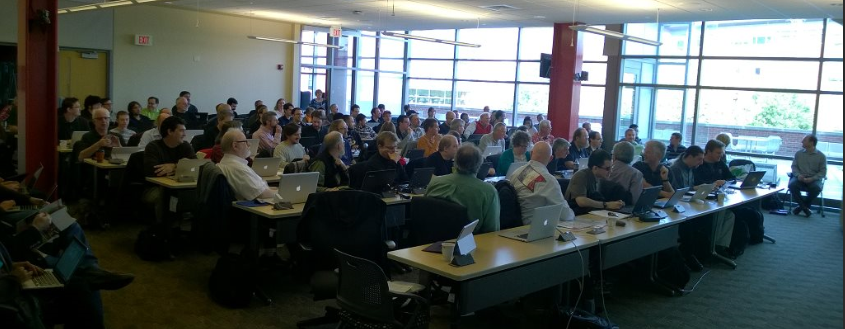Can Qt's moc be replaced by C++ reflection? -- Olivier Goffart
 In case you missed it:
In case you missed it:
Can Qt's moc be replaced by C++ reflection?
by Olivier Goffart
From the article:
The Qt toolkit has often been criticized for extending C++ and requiring a non-standard code generator (moc) to provide introspection.
Now, the C++ standardization committee is looking at how to extend C++ with introspection and reflection. As the current maintainer of Qt's moc I thought I could write a bit about the need of Qt, and even experiment a bit.In this blog post, I will comment on the current proposal draft, and try to analyze what one would need to be able to get rid of moc.

 [Updated 11/24 to add a few more details]
[Updated 11/24 to add a few more details] Freshly pressed from Andrzej:
Freshly pressed from Andrzej: